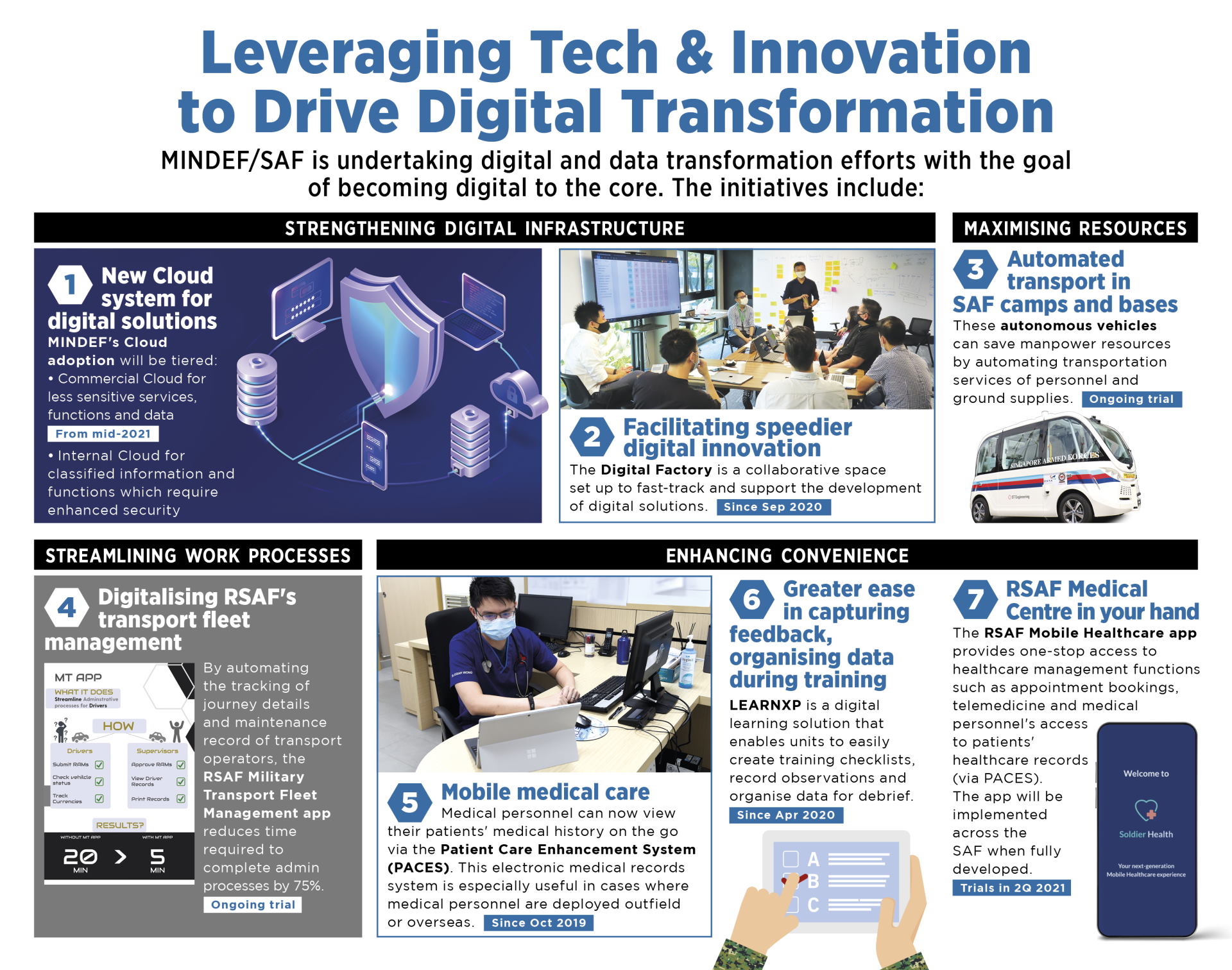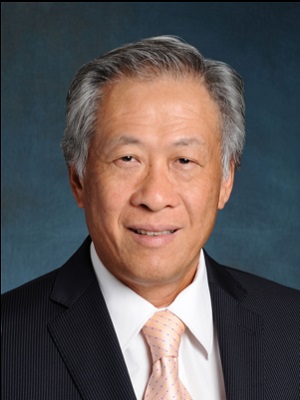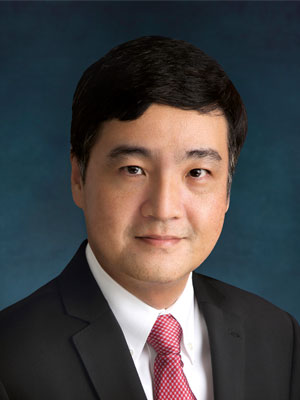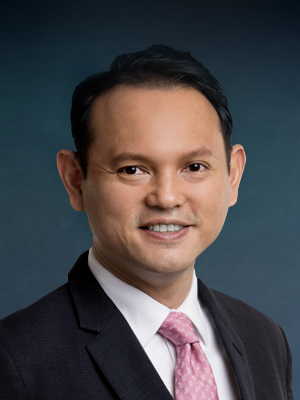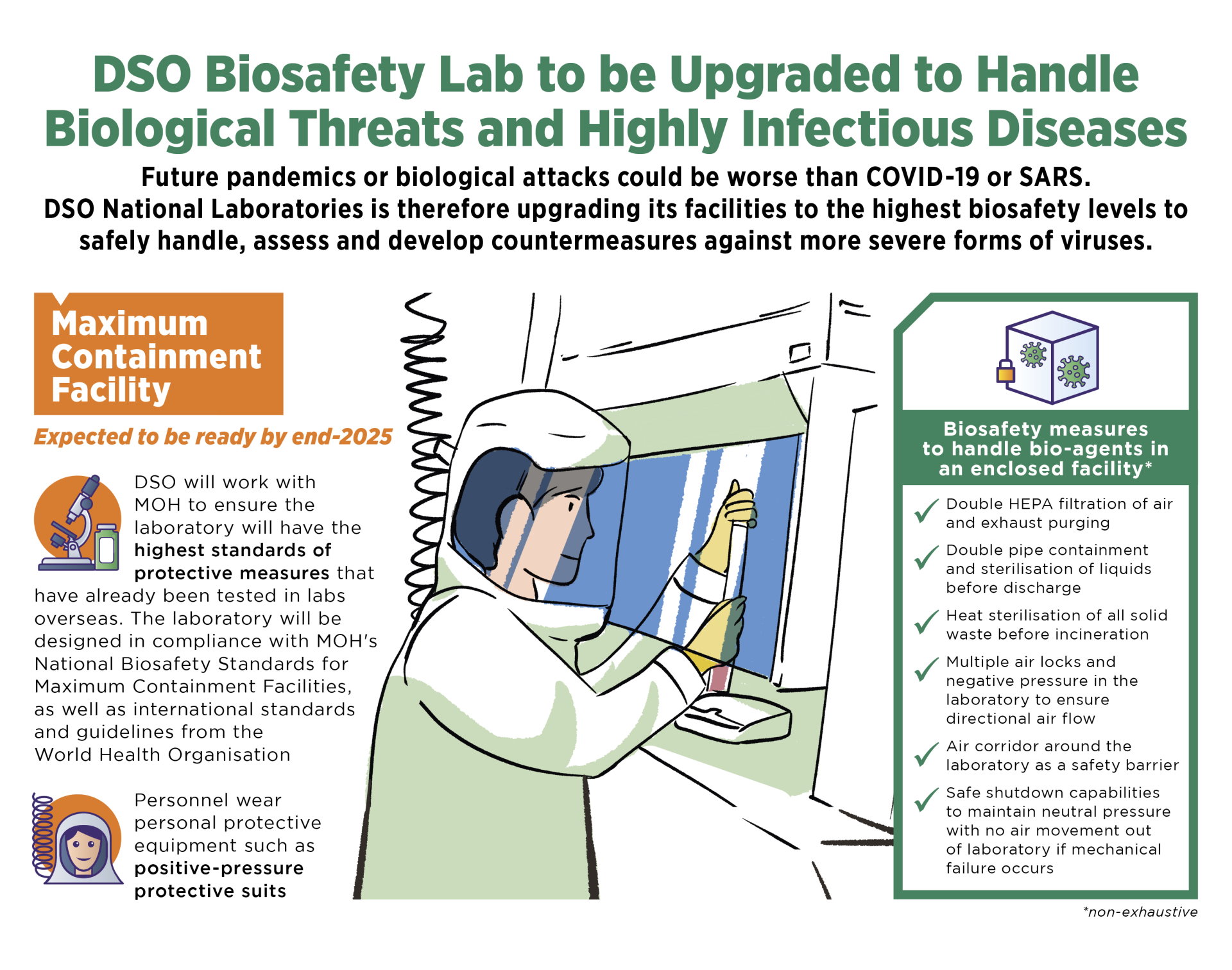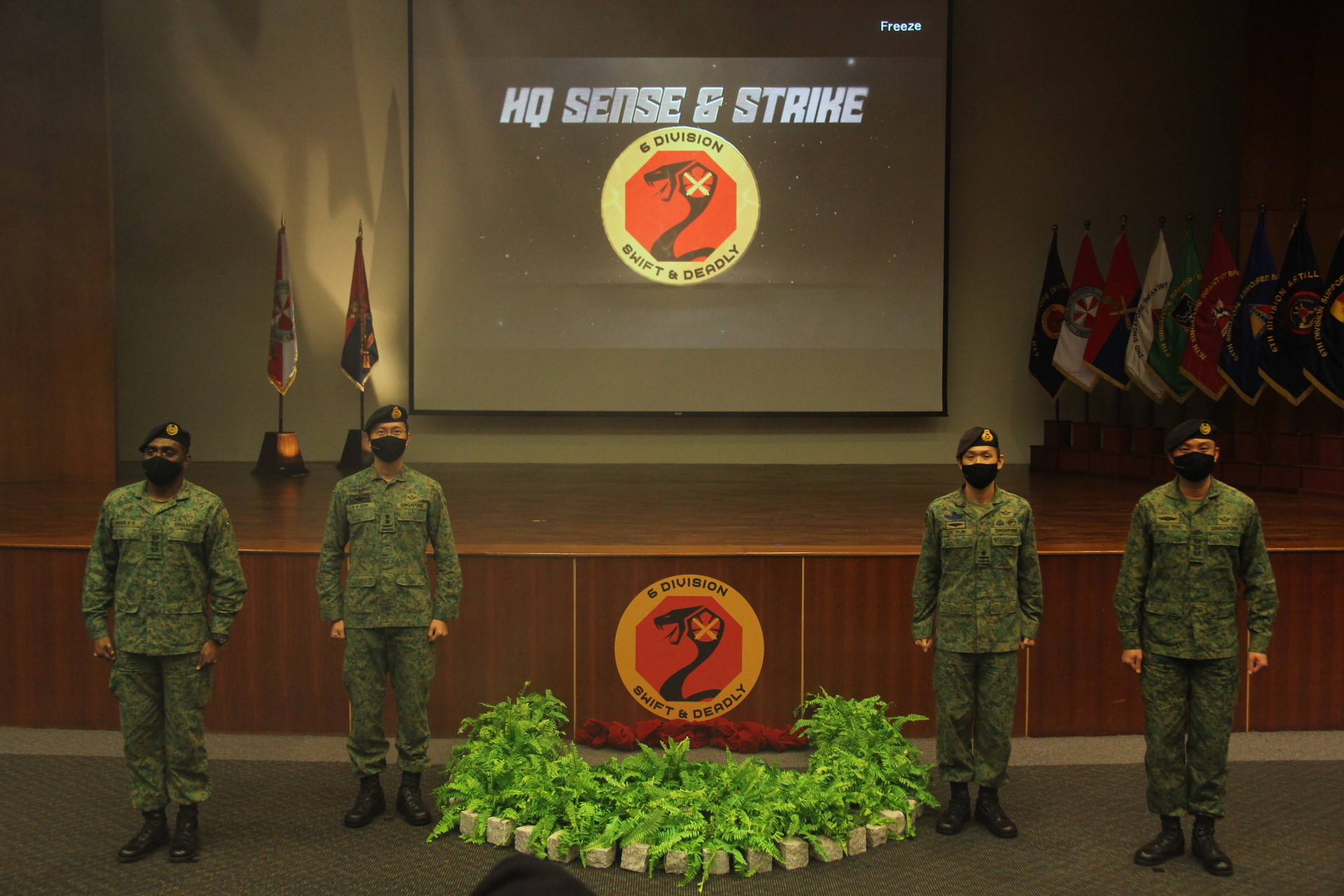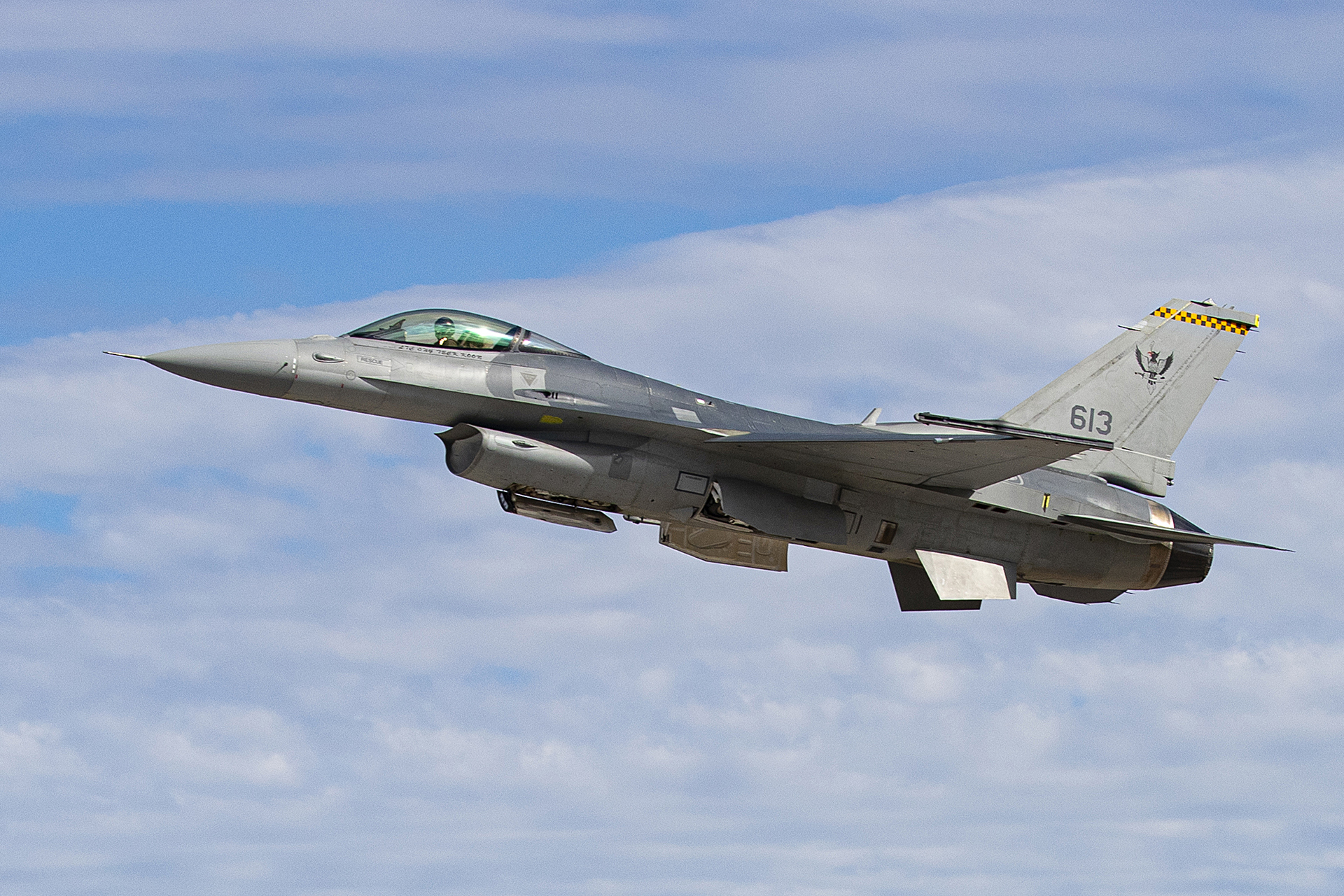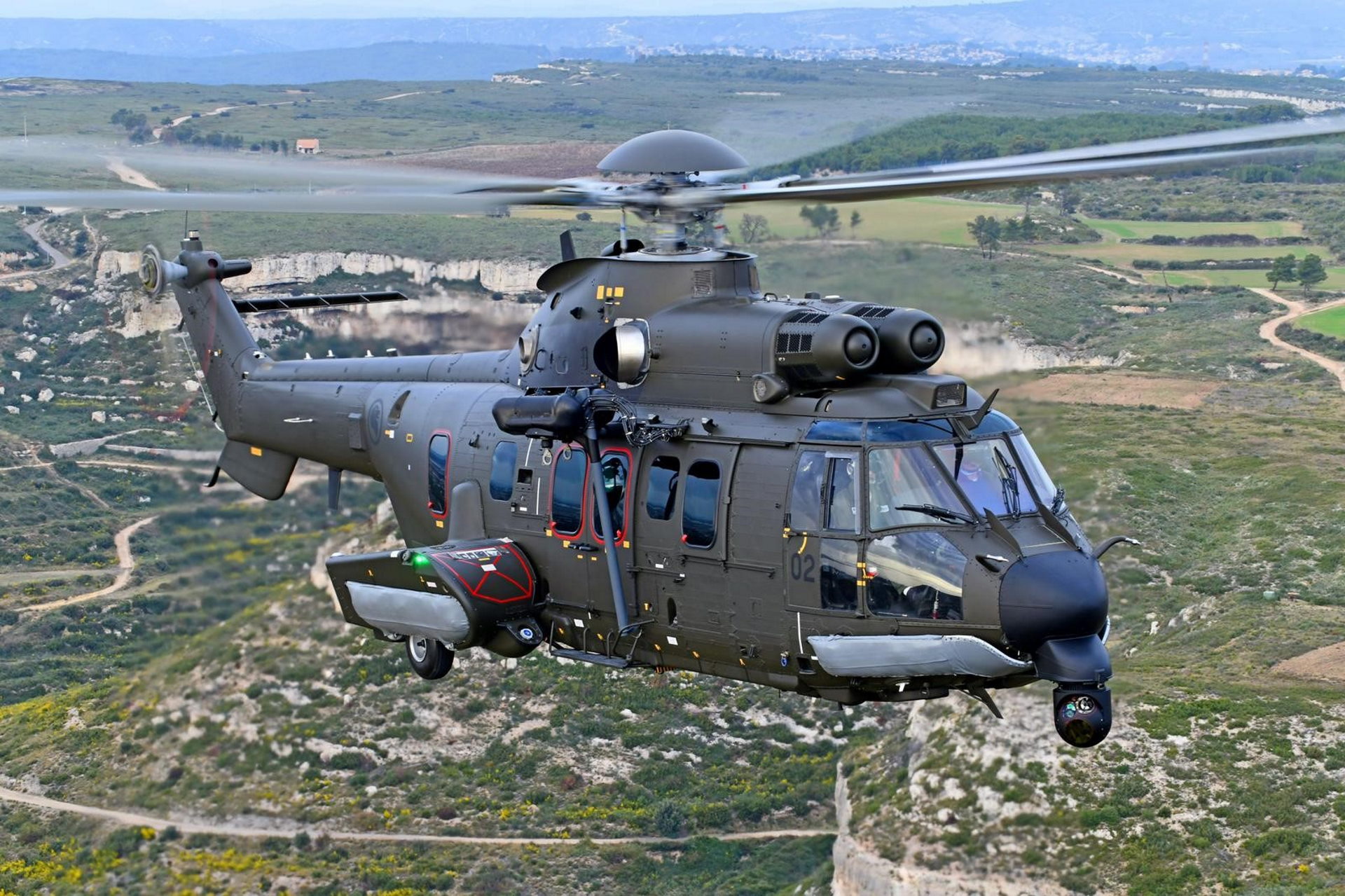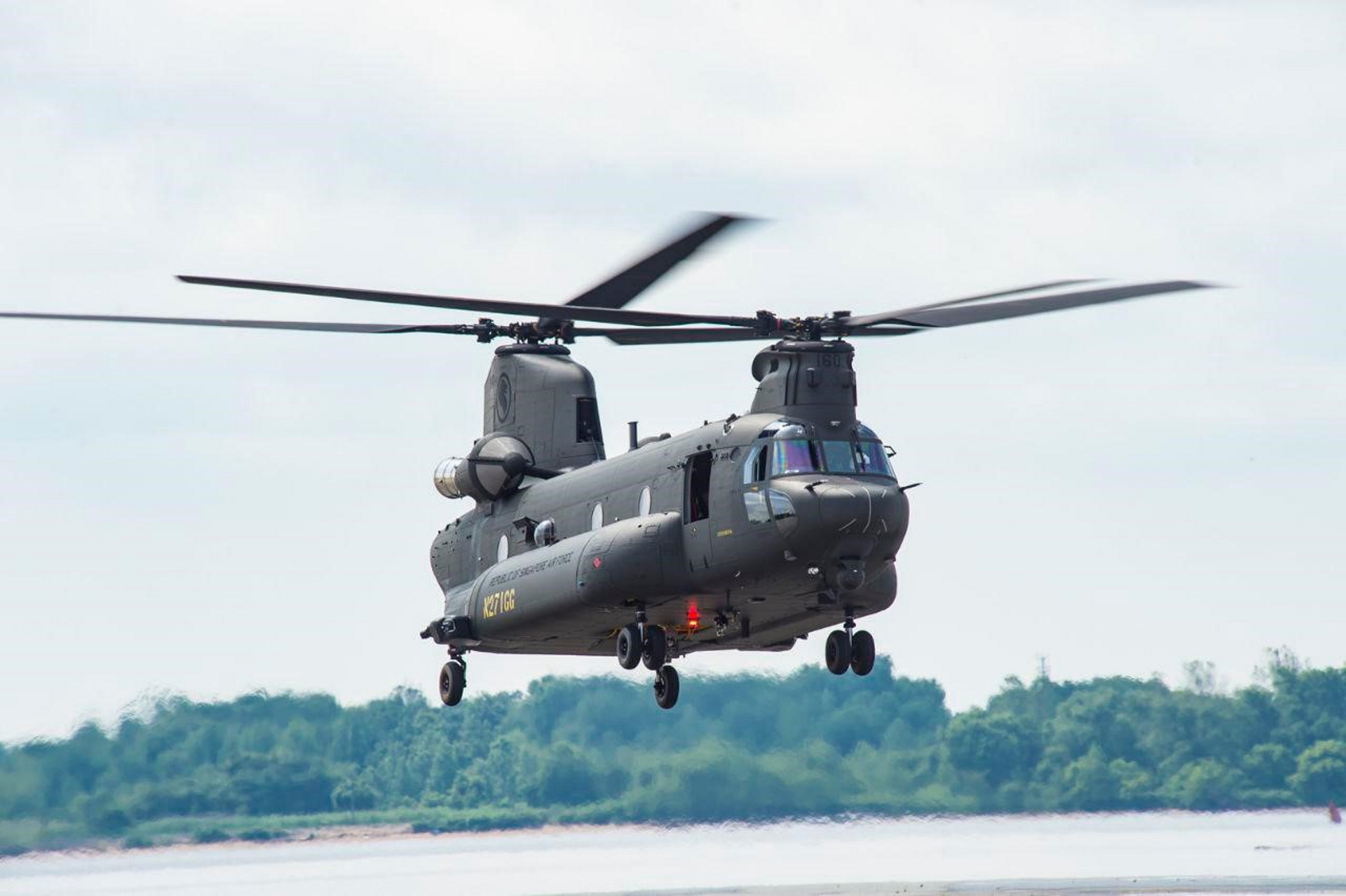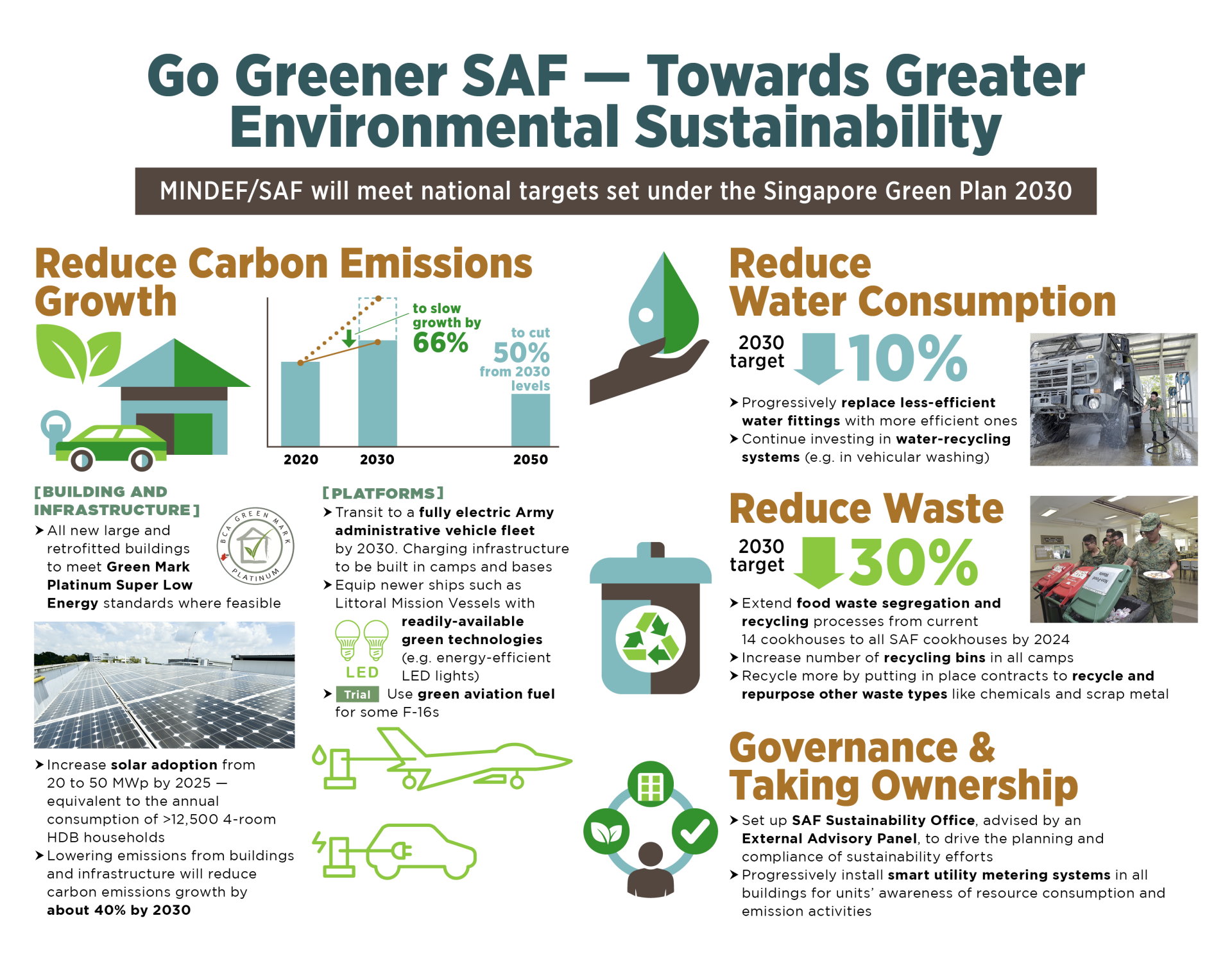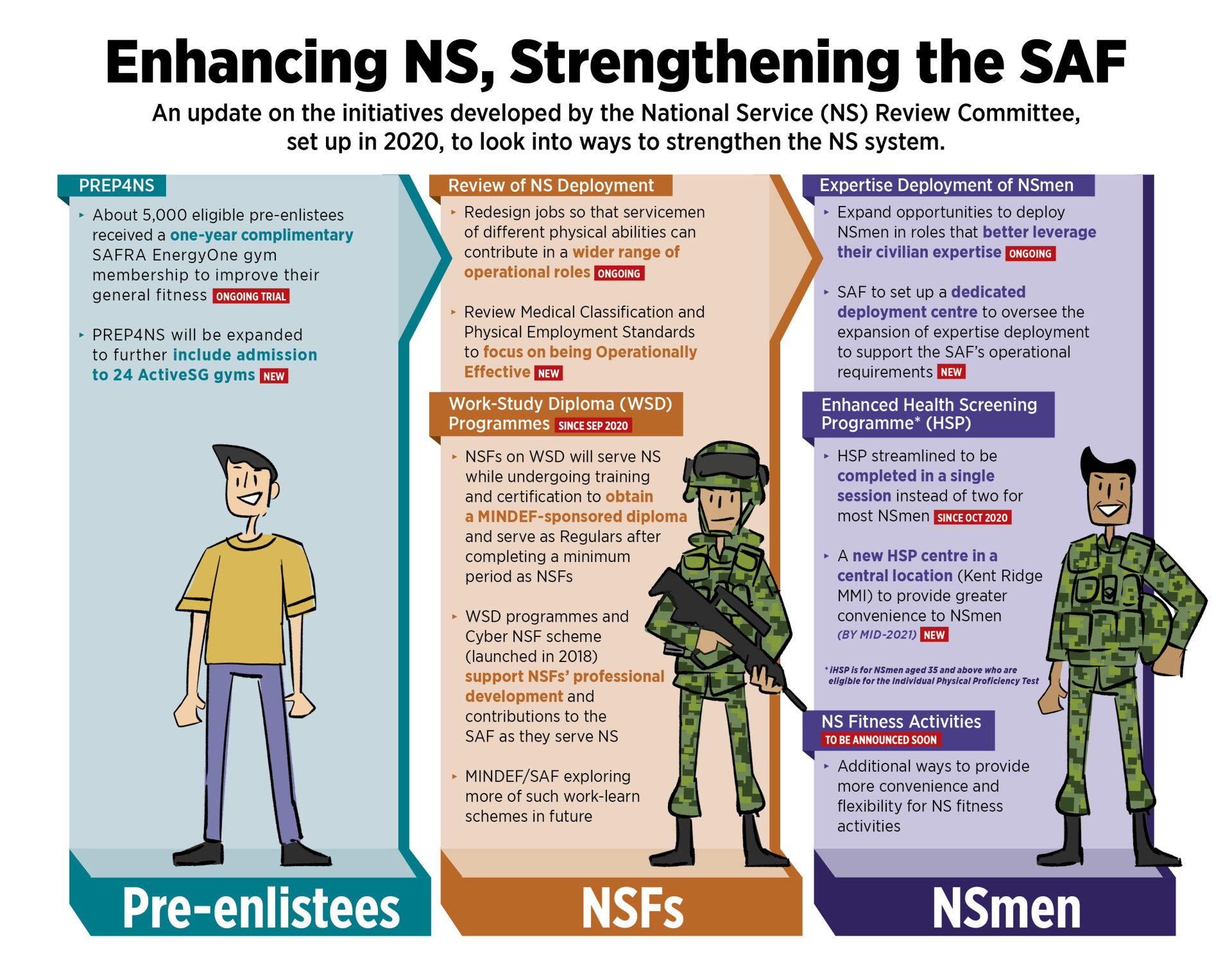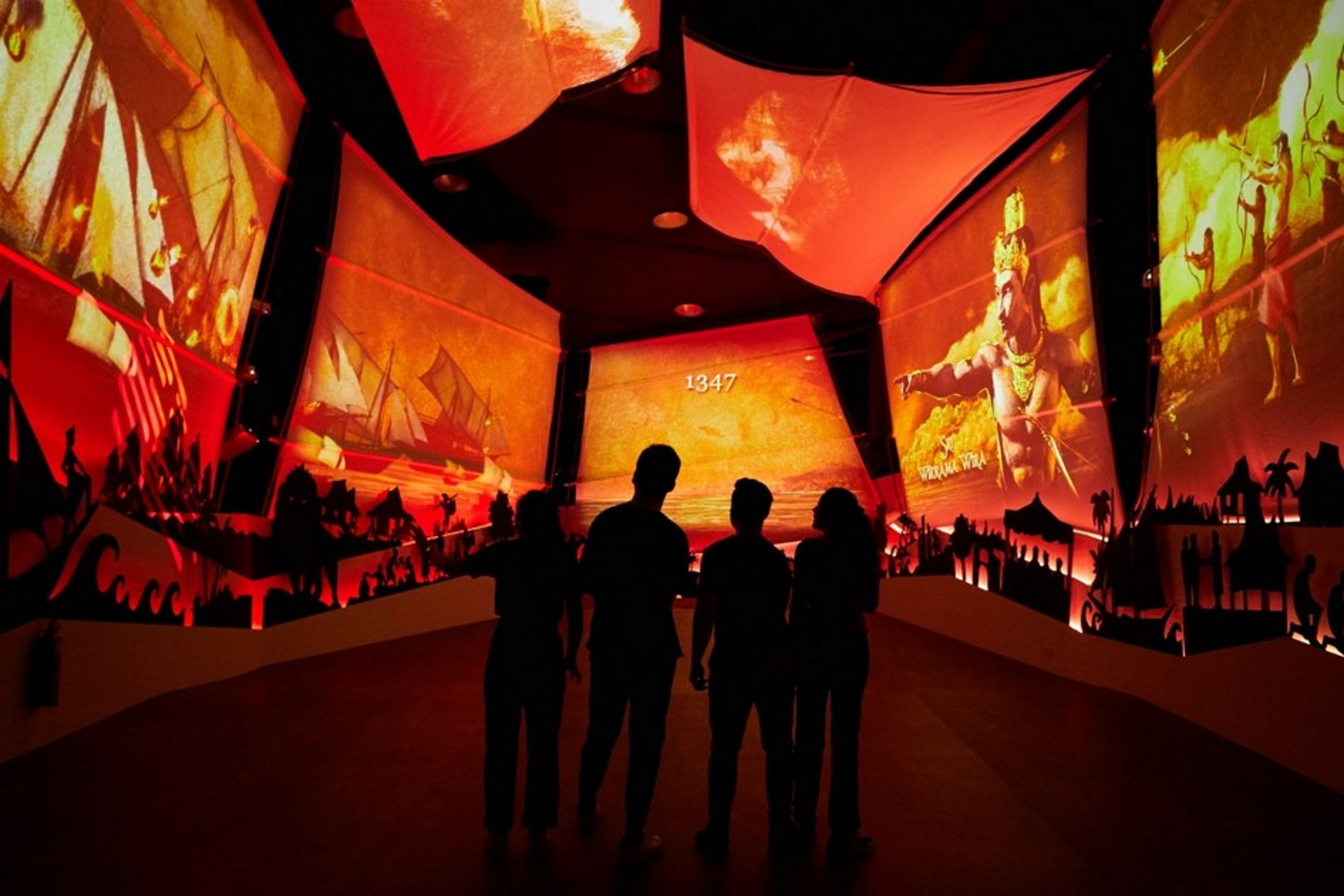MINDEF/SAF's Next Gen transformation efforts will not just be limited to military platforms, but also enhance collective intelligence and surveillance capability and leverage new technology and innovation to address threats from transnational terrorism and cyber threats.
Counter-Terrorism Information Facility
To close the gap and pre-empt terror attacks, the Counter-Terrorism Information Facility (CTIF) has begun operations. The CTIF will bring together like-minded countries to share intelligence, and provide early warning, monitoring and analysis capabilities in a centralised and coordinated manner.
Cybersecurity Task Force
Following last year's announcement to create an integrated cyber command, the new Cybersecurity Task Force (CSTF) has been stood up under the command of Chief C4I, who will report directly to Chief of Defence Force. This has improved our ability to monitor and actively seek out potential threats and aggressors in the cyber domain.
Moving forward, MINDEF/SAF is exploring the deployment of suitable NSmen to serve in CSTF, and is working with academic institutions to raise their skills through initiatives such as the University Work-Learn Programme with National University of Singapore and the Critical Infrastructure Security Showdown cybersecurity exercises with Singapore University of Technology and Design's iTrust Centre for Research in Cyber Security. In addition, the SAF will hire more cyber-specialists as regulars, mainly through the Military Domain Expert Scheme.
Digital Factory and MINDEF Commercial Cloud
In response to threats in the cyber and information domain, and also to new technologies, MINDEF/SAF is employing Artificial Intelligence, robotics, and data analytics to enable new warfighting concepts and force multipliers for the Next Gen SAF.
MINDEF has established a Digital Factory, a collaborative space, to facilitate experimentation and scaling-up of digital solutions. MINDEF/SAF will also reap the benefits of cloud computing – greater effectiveness and reduced need for manpower – and roll out the MINDEF Commercial Cloud from mid-2021 for administration and maintenance services, which benefit NSFs and NSmen with better and more responsive services. Classified information will also leverage the cloud systems, with more stringent security standards such as the systems physically housed in MINDEF/SAF and separated from other day-to-day functions on the cloud.
Click the image below to view the full infographic.
